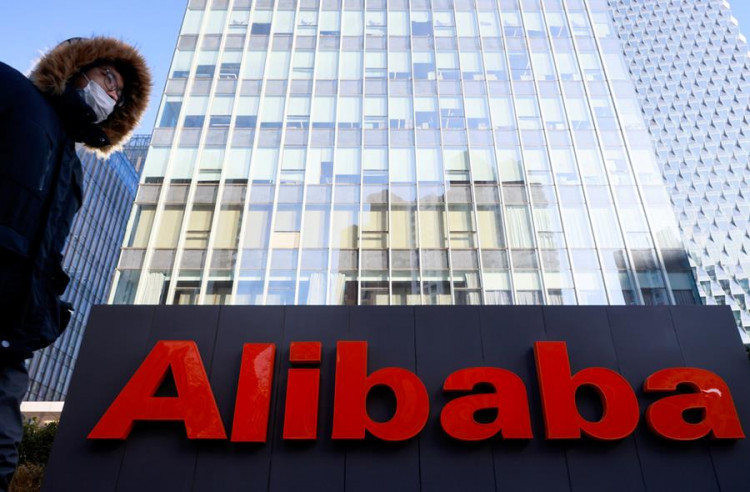Alibaba's stock price surged following strong endorsement from Citron Research, a firm once known for short-selling Chinese stocks.
On May 16, Alibaba's shares listed in the U.S. opened up 1.2% and increased throughout the morning. By midday, the shares had soared over 7%, peaking at a 7.5% gain and maintained around a 7% increase, potentially setting a new closing high since November 15, 2023.
Before the significant rise in Alibaba's stock price began in the morning, Citron had promoted Alibaba on social media.
Citron expressed confidence that Alibaba is gaining momentum and anticipated the stock price would exceed $100. They suggested that in China, Alibaba could replicate the success of Microsoft and Amazon, with investors soon recognizing Alibaba's potential in AI cloud prospects and strategic investments. Citron highlighted Alibaba's model, Tongyi Qianwen, as a standout in China's large language model (LLM) sector.
If Citron's prediction holds true, Alibaba's stock will surpass the $100 mark for the first time since July 2023, representing at least a 24% increase from Wednesday's close.
Online reactions to Citron's post were positive, with one user agreeing that Alibaba and Baidu are significantly undervalued. Another suggested that Citron should also look into Pinduoduo, believing Citron would appreciate this Chinese concept. There was also a suggestion for Citron, which had ceased short-selling research over three years ago, to reconsider short-selling.
Before announcing an end to short-selling research in late January 2021, Citron, established in 2001, had spent two decades focusing on research for short-selling and was one of America's most influential short-selling firms. According to media reports, since 2006, Citron had shorted more than 20 Chinese companies including New Oriental, China Biologic, Qihoo 360, and China Evergrande. In 2011, a Citron report led to the delisting of China's Rino International within four months.





